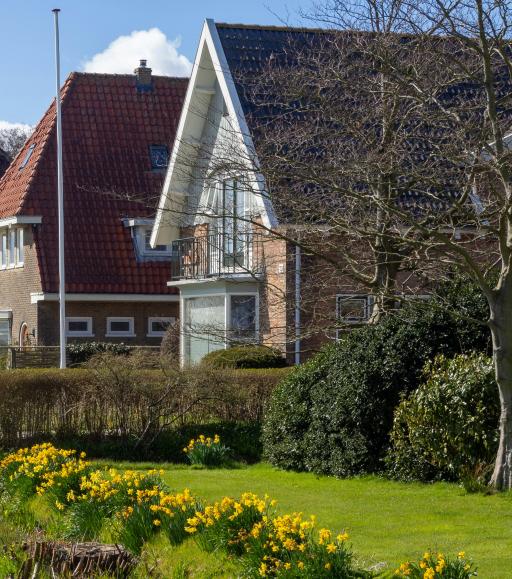
expatmoneyrentalnews
8 minutes reading time
Rental housing news: everything you need to know (week 15)
From runaway rents to a booming open house turnout, the Dutch housing market continues to teeter between frustration and frenzy. While new regulations try to curb exploitative practices, landlords are still pushing boundaries — and tenants, especially internationals, are feeling the pressure. Here’s a snapshot of what’s happening right now across the country.

